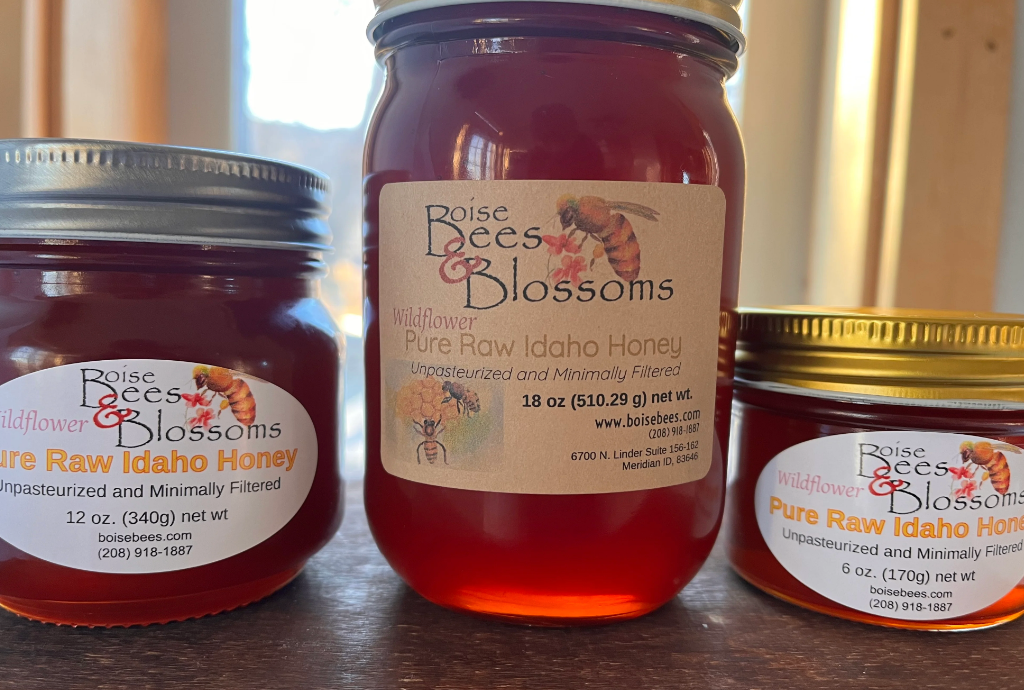Beyond its enticing flavor and versatility, honey stands as a rich source of various vitamins and nutrients, offering a spectrum of health benefits that have captivated cultures worldwide for millennia.
Nutrient Composition of Honey:
While primarily composed of natural sugars like fructose and glucose, honey also boasts an array of essential vitamins, minerals, and antioxidants. The exact composition may vary based on the floral source, geographical origin, and processing methods, but generally, honey contains:
-
Vitamins: Honey houses a range of B vitamins, including B1 (thiamine), B2 (riboflavin), B3 (niacin), B5 (pantothenic acid), and B6 (pyridoxine). These vitamins play pivotal roles in energy metabolism, cell function, and nervous system health.
-
Minerals: Rich in minerals like calcium, iron, magnesium, potassium, phosphorus, zinc, and selenium, honey contributes to bone health, aids in enzymatic reactions, supports immune function, and assists in maintaining electrolyte balance.
-
Antioxidants: Polyphenols, flavonoids, and other antioxidants found in honey combat oxidative stress, reduce inflammation, and potentially lower the risk of chronic diseases. These compounds are linked to honey's anti-inflammatory and immune-boosting properties.
Health Benefits of Honey's Nutrients:
-
Boosts Immunity: The presence of antioxidants like flavonoids and phenolic compounds in honey helps bolster the immune system, protecting the body from infections and illnesses.
-
Wound Healing: Honey's antimicrobial properties aid in wound healing and have been used in traditional medicine for treating burns, cuts, and ulcers. Its ability to create a barrier against infection and promote tissue regeneration is attributed to its high sugar content and acidity.
-
Digestive Health: Certain types of honey, especially raw and unprocessed variants, contain prebiotics that support the growth of beneficial gut bacteria. This contributes to improved digestion and overall gut health.
-
Cough Suppressant: Honey has been revered as a natural cough suppressant. Studies suggest that consuming a spoonful of honey can be as effective as some over-the-counter cough medicines for soothing sore throats and reducing cough frequency.
-
Heart Health: The antioxidants in honey may positively impact heart health by reducing oxidative stress and inflammation, potentially lowering the risk of heart disease.
-
Energy Source: The natural sugars in honey, mainly fructose and glucose, provide a quick energy boost, making it an excellent option for athletes or individuals needing an energy lift.
Choosing the Right Honey:
The nutrient profile of honey can vary based on factors like processing, filtration, and floral sources. Opting for raw, unfiltered honey is recommended to preserve its nutritional content. Raw honey retains more antioxidants, enzymes, and beneficial compounds since it undergoes minimal processing.
However, individuals with diabetes should consume honey cautiously due to its high natural sugar content, which can impact blood sugar levels. Moderation is key, and consulting a healthcare professional for personalized advice is advisable.
In conclusion, honey isn't just a sweet indulgence; it's a natural repository of vitamins, minerals, and antioxidants that offer an array of health benefits. Incorporating this golden nectar mindfully into one's diet can be a flavorful and nutritious addition, enhancing overall well-being and vitality.
Disclaimer: This blog post is not intended as medical advice and individuals should consult with a healthcare professional for guidance or more information.


